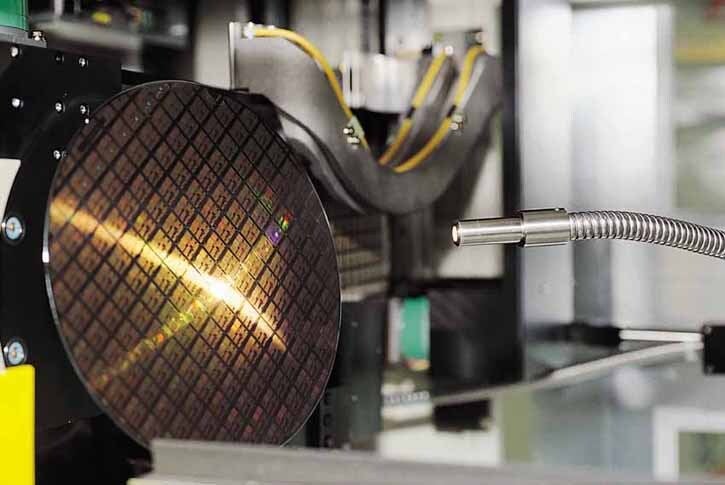Taiwan's science minister says the U.S. is the world leader in chip fabrication

TSMC is expected to build three fabs in Arizona and the world's largest contract foundry has received $6.6 billion in funding from the U.S. to help set up these factories. The first facility will produce 4nm chips starting early next year. By the time the last of TSMC's three U.S. fabs go on line at the end of this decade, it will be building 2nm chips according to the U.S. Commerce Department. As great as that sounds, by 2030 TSMC could be building 1nm semiconductors in Taiwan.
Why is the process node so important? Good question. To put it simply, as the process node number decreases, so does the size of the transistors used in a chip. With smaller transistors, more of them can be shoehorned inside a die. Increasing a chip's transistor count is a big deal because the more transistors inside, the more powerful and energy-efficient that chip is.
Consider that the A13 Bionic powering the iPhone 11 line was built using TSMC's 7nm node and featured 8.5 billion transistors. Compare that with the A17 Pro which powers the iPhone 15 Pro and iPhone 15 Pro Max. That chip, built using the 3nm node, carries 19 billion transistors.

Silicon wafer used in the production of chips. | Image credit-TSMC
TSMC is supposed to start mass production of 2nm chips in Taiwan next year and the 2026 iPhone 18 series will be the first iPhone models to be equipped with 2nm silicon. In a statement, Taiwan's Minister of the Science and Technology Council Wu Cheng-wen said that TSMC could start using the 2nm node to build chips in other countries. Once TSMC has started work on successor nodes under 2nm in Taiwan, the foundry will be happy to move the technology to "friendly nations."
Minister Wu says that even though TSMC manufacturers the most advanced chips in the world, the U.S. is the actual leader in chip fabrication. That's because the process of fabricating a chip includes some steps that the U.S. leads the rest of the world in such as design and the manufacturing of materials. For example, Apple designs its chips in the U.S. before having them manufactured in Taiwan.
Even if TSMC eventually has all three fabs in Arizona up and running, it is unlikely that they will take process leadership from the facilities in Taiwan or even match the advanced production done in TSMC's home country.
Follow us on Google News













Things that are NOT allowed:
To help keep our community safe and free from spam, we apply temporary limits to newly created accounts: